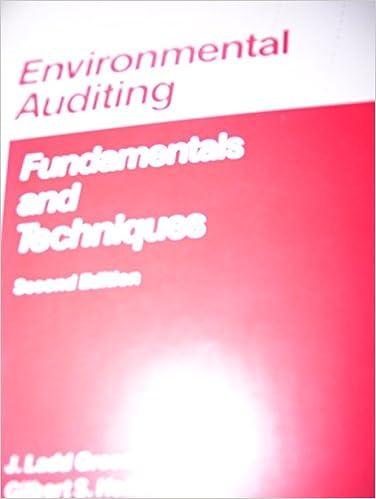II. Advise the ope n u IL. 0.3 The 2012 financial statements for Price and Waterhouse Companies are summ Waterhouse Company Price Company Balance Sheet $ 21,000 5 41,000 Cash 31.000 38.000 Accounts Receivable 40,000 99.000 Inventory 401,000 140.000 Operational Assets (net) 305,000 84,000 Other Assets Total Assets $ 402,000 $ 798,000 Current liabilities Long-term debt (1096) Capital Stock (par S 10) Contributed Capital in excess of par Retained Earnings Total liabilities and stockholders' Equity $ 99,000 65,000 148,000 29,000 61,000 $ 402,000 $ 49,000 60,000 512,000 106,000 71,000 S 798,000 Income Statement Sales Revenue (1/3 on credit) Cost of Goods Sold Expenses (including interest and income tax) Net income $447,000 (241.000) (161,000) $ 802,000 (398,000) (311,000 S 93,000 S 17 Selected data from the 2011 statements Accounts Receivable (net) $18.000 $38,000 Inventory 94.000 44,000 Long-Term Debt 60.000 48,000 Per Share price at end of 2012 (offering price) $15 Average Income Tax Rate 30% 30% Dividends declared and paid in 2012 $ 33,000 $ 148,000 The companies are in the same line of business and are direct competitors in a large metropolitan area. Both have been in business approximately 10 years, and each has had steady growth. The ent of each has a different viewpoint in many respects. Waterhouse is more conservative, and as its president has said, "We avoid what we consider to be undue risk." Neither company is publicly held. Price Company has an annual audit by a CPA but Waterhouse Company does not Required: I. Complete a schedule that reflects a ratio analysis of each company. II. A client of yours has the opportunity to buy 10 percent of the shares in one or the other company at the per share prices given and has decided to invest in one of the companies. Based on the data given, prepare a comparative written evaluation of the ratio analyses (and any other available information) and give your recommended choice with the supporting explanation. [2] [12] Requins. I. Construct a Flexible Budget at the level of 6 lakhs, 10 lakhs and 12 lakhs unit of production II. Calculate Break Even Point before and after expansion III. Advise the optimum level of output for expansion. [14] Q.3 The 2012 financial statements for Price and Waterhouse Companies are summarized here: Price Company Waterhouse Company Balance Sheet Cash S41,000 $21,000 Accounts Receivable 38,000 31,000 Inventory 99,000 40,000 Operational Assets (net) 140.000 401,000 Other Assets 84,000 305,000 Total Assets S 402,000 S 798,000 Current liabilities Long-term debt (10%) Capital Stock (par S 10) Contributed Capital in excess of par Retained Eamings Total liabilities and stockholders' Equity $ 99,000 65,000 148,000 29.000 61,000 S402,000 S 49,000 60,000 512,000 106.000 71,000 S 798,000 Income Statement Sales Revenue (1/3 on credit) Cost of Goods Sold Expenses (including interest and income tax) Net income $447,000 (241,000) (161,000) $ 45,000 $ 802,000 (398,000) (311,000) S 93,000 Selected data from the 2011 statements Accounts Receivable (net) $18.000 $38,000 Inventory 94,000 44,000 Long-Term Debt 48,000 Per Share price at end of 2012 (offering price) $ 17 S 15 Average Income Tax Rate 30% 30% Dividends declared and paid in 2012 S 33,000 $ 148,000 The companies are in the same line of business and are direct competitors in a large metropolitan area. Both have been in business approximately 10 years, and each has had steady growth. The management of each has a different viewpoint in many respects. Waterhouse is more conservative, and as its president has said, "We avoid what we consider to be undue risk." Neither company is publicly held. Price Company has an annual audit by a CPA but Waterhouse Company does not Required: 1. Complete a schedule that reflects a ratio analysis of each company. II. A client of yours has the opportunity to buy 10 percent of the shares in one or the other company at the per share prices given and has decided to invest in one of the companies. Based on the data given, prepare a comparative written evaluation of the ratio analyses and any other available information) and give your recommended choice with the supporting explanation 2 (12)








